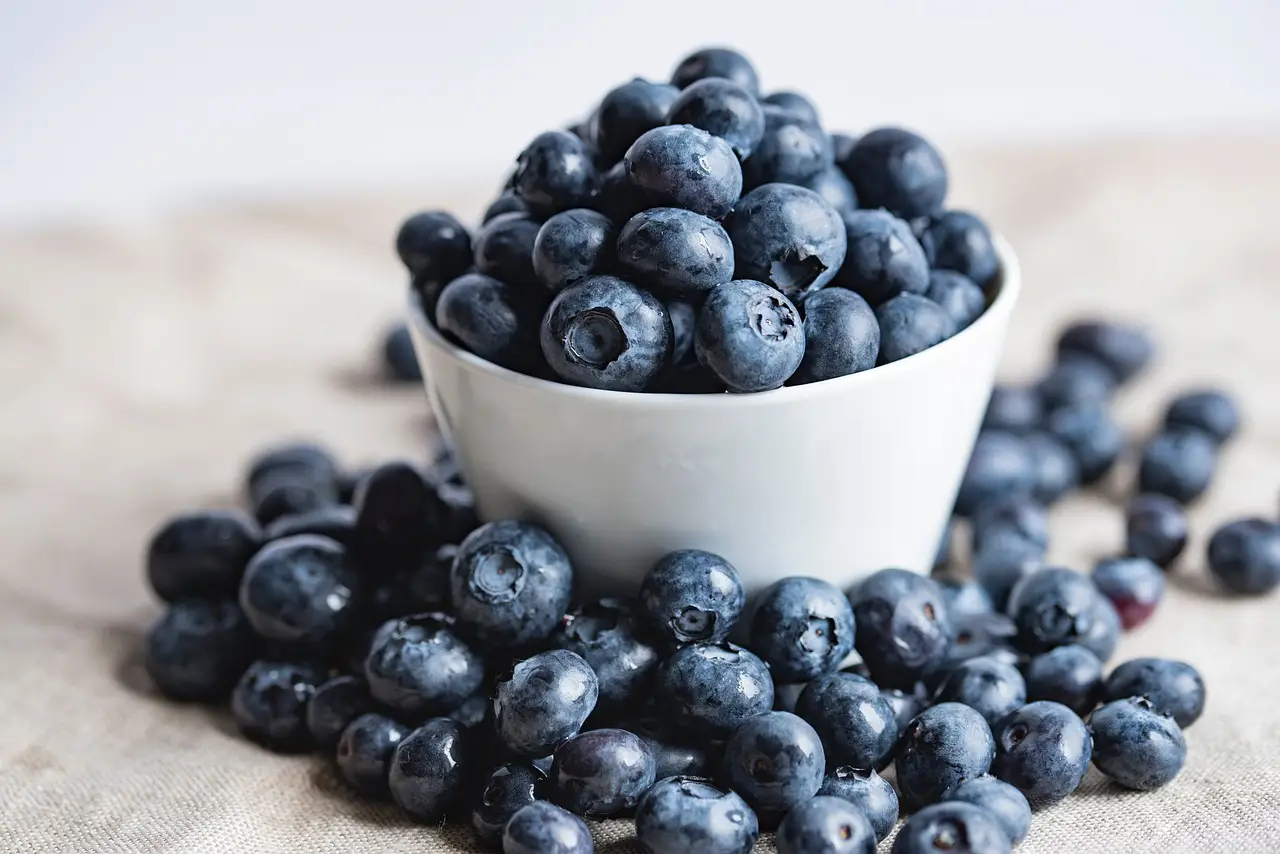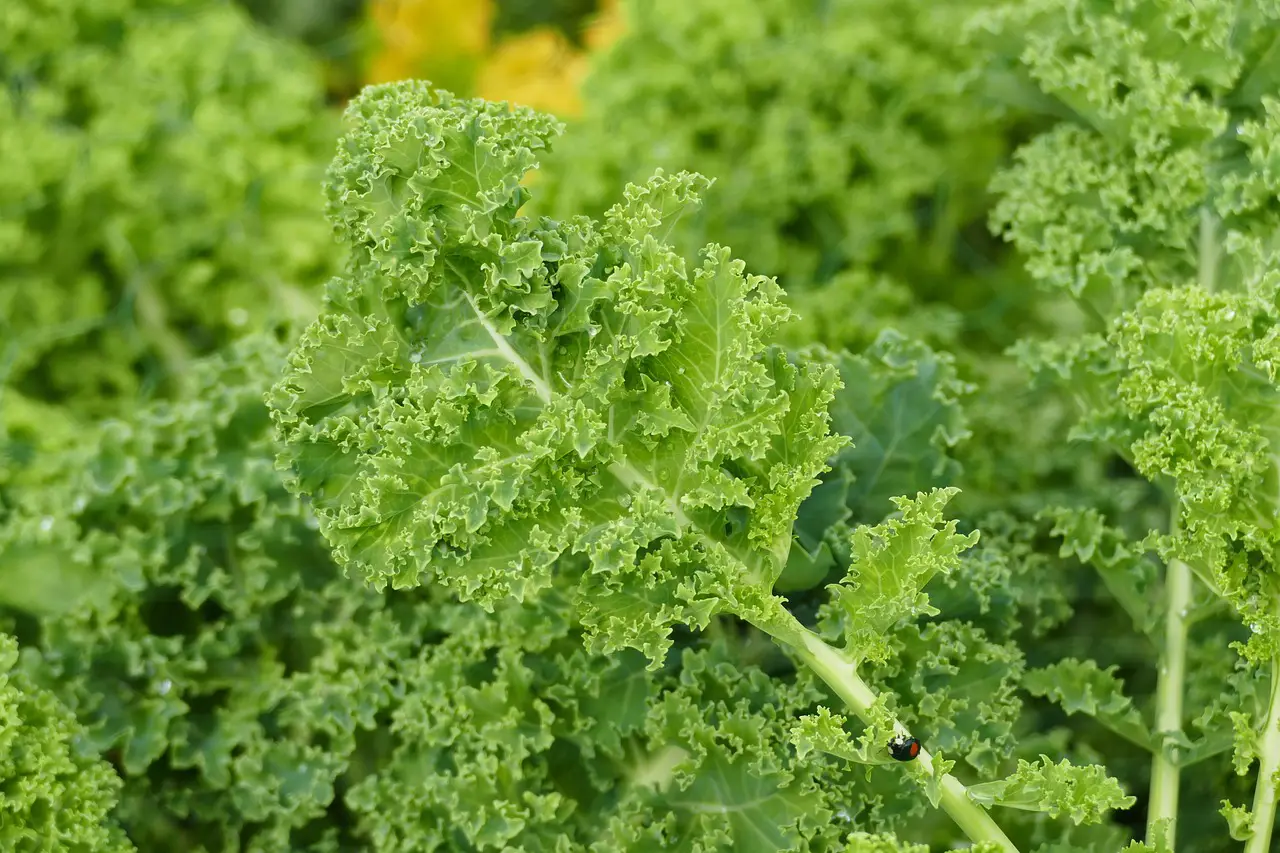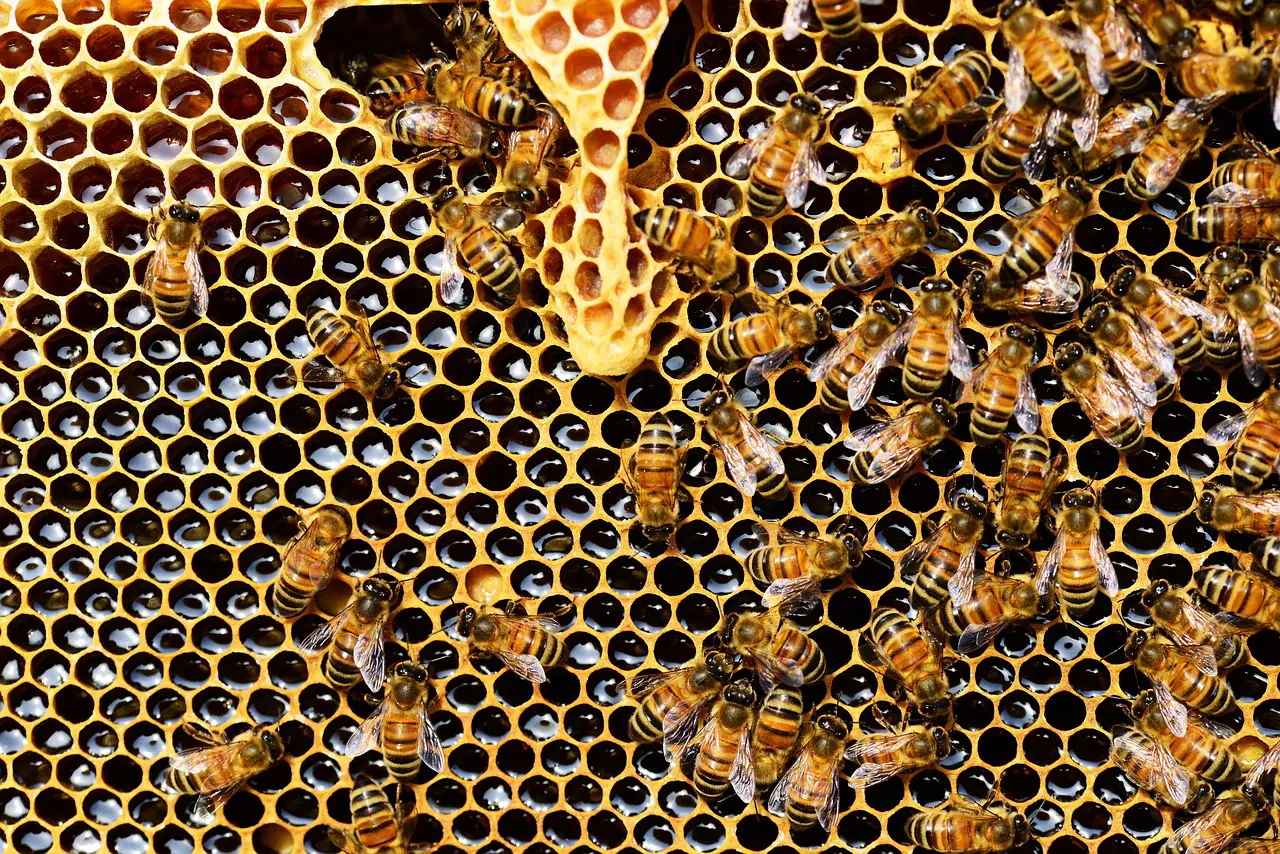This posting is part of Coupang Partners activity, and I receive a certain amount of commission accordingly.
Blueberries are a nutrient-rich and health-promoting food, widely enjoyed as a popular superfood. In the past, they were expensive and not easily accessible, but as domestic production has increased, prices have dropped, making them more affordable for everyone. However, with the decrease in price, blueberries no longer seem to receive as much attention as they once did. There was a time when they were hailed as the ultimate health food, but now other foods have taken the spotlight.
Perhaps the idea that “expensive means better” is a byproduct of capitalism. We’re used to the pattern of “something is good for your health → many people seek it → the price rises.” But price isn’t determined solely by supply and demand—it is also heavily influenced by marketing strategies and market control.
In the past, selling blueberries could easily yield a high profit, but as prices have gone down, sellers now have to put in more effort to achieve the same returns. As a result, many have turned their attention to other products that offer higher profit margins. The glowing descriptions once used to promote blueberries are now being used to market new health foods. It’s not that the value of blueberries has changed, but rather that the market’s pursuit of profit has shifted focus.
But blueberries are still blueberries. Whether in the past or now, they remain a nutritious and healthful superfood. Of course, newly popular foods each have their own benefits, but that doesn’t mean we should forget the value of blueberries.
You might be wondering by now if I run a blueberry farm—but no, I have no connection to farming. I just have a strong interest in health and wanted to share this information. That’s enough about trends for now—let’s dive into the details about blueberries.

What are blueberries?
Blueberries are plants that belong to the Ericaceae family and are native to North America. When Europeans arrived on the North American continent, Indigenous peoples were already cultivating and using blueberries. The Europeans learned their cultivation methods and brought them back to Europe. Since then, blueberries have been grown in various regions beyond the Northern Hemisphere, including South America, New Zealand, and Australia. In recent years, blueberry farms have been increasing in South Korea as well, making them more accessible. This is largely due to the excellent health benefits that blueberries offer.
Nutritional Information
Low in Calories and High in Dietary Fiber
Blueberries contain 57 kcal per 100g and provide about 10% of the recommended daily intake of dietary fiber. They also have a very low glycemic load of 4, meaning they have little impact on blood sugar levels.
Rich in a Variety of Vitamins
Per 100g, blueberries provide 16% of the recommended daily intake of vitamin C, 24% of vitamin K, 3% of vitamin E, and 1% of vitamin A. They also contain 1–3% of the B vitamins such as thiamine, riboflavin, niacin, and folate, offering a well-balanced nutritional profile.
Abundant in Essential Minerals
Blueberries also include essential minerals. In 100g, they provide 2% of the daily recommended intake of iron and potassium, 3% of copper, and 17% of manganese. They also contain 1% each of calcium, magnesium, phosphorus, and zinc.
Powerful Antioxidant Effects
Blueberries are packed with antioxidants, including anthocyanins, which are known for their potent antioxidant activity. In addition to vitamins A, C, and E, minerals like zinc, manganese, and copper also contribute to antioxidant defense. These compounds play a crucial role in protecting the body from free radicals, which are associated with aging and disease. The antioxidant score of blueberries is as high as 4,669.
Blueberry Benefits
It Helps Slow Down Aging
DNA damage caused by oxidation is an unavoidable and natural process in the human body. While it is part of growth, it is also one of the main contributors to aging. Aging, in turn, is a major factor behind the development of various diseases. Our body’s cells are constantly exposed to this process.
This phenomenon isn’t exclusive to humans—it occurs in all living organisms. Plants, too, have developed special protective compounds to guard against cellular damage, and those compounds are called antioxidants.
Antioxidants play a critical role in maintaining our health. They protect cells from harmful free radicals and toxic substances, help repair damaged cells, and boost the immune system. Blueberries are rich in anthocyanins, a type of flavonoid, and they also contain high amounts of proanthocyanidins, which are especially effective in slowing down the aging process.
Studies have shown that proanthocyanidins are effective in reducing inflammation. This is particularly important because inflammation is associated not only with chronic conditions like heart disease, diabetes, and cancer but also with nearly every disease we know.
It Helps Improve Brain Function
Blueberries are rich in gallic acid, a powerful antioxidant known for its neuroprotective properties. Various studies have shown that antioxidants can help protect brain cells and positively impact overall brain function. Other foods high in gallic acid include blackberries, cashews, hazelnuts, mangoes, plums, strawberries, green tea, and red wine.
In addition, blueberries may help slow cognitive decline and enhance memory and motor skills. Researchers suggest these benefits come from the antioxidants in blueberries that protect the brain from oxidative stress and reduce inflammation. Regular consumption of antioxidant-rich foods may help lower the risk of age-related brain diseases such as Alzheimer’s and dementia.
It Helps Lower Blood Pressure
Studies have shown that blueberries are effective in alleviating high blood pressure, which is one of the major health issues that put many people at risk.
High blood pressure is a serious condition that can lead to various complications, such as brain hemorrhages, if not properly managed. When blood vessels cannot withstand the high pressure, the risk of rupture increases, which can lead to a stroke. Additionally, high blood pressure puts strain on the heart, increasing the burden on the heart as it pumps blood throughout the body, which raises the risk of fatal diseases like myocardial infarction.
Various studies have confirmed that people who regularly consume blueberries experience a reduction in blood pressure. This is likely due to the antioxidants and various nutrients in blueberries that support vascular health.
It Helps Control Cholesterol Levels
Oxidative stress does not only affect cellular damage, but it can also cause issues in the oxidation process of low-density lipoprotein (LDL).
LDL plays a role in transporting cholesterol from the liver to the rest of the body. However, when LDL cholesterol levels in the blood become too high, these particles can accumulate in the blood vessels, disrupting blood flow. If this process continues, it can narrow the arteries, which increases the risk of cardiovascular diseases such as high blood pressure and myocardial infarction.
The antioxidants in blueberries can help suppress the oxidation of LDL cholesterol and contribute to maintaining vascular health. Consistent consumption may assist in managing cholesterol levels effectively.
It May Help Prevent Cancer
The reactive oxygen species that occur in our bodies can damage cells and cause mutations, with malignant tumors being one of the results of these altered cells. The reason blueberries may have a positive effect on cancer prevention is due to their powerful antioxidants, such as anthocyanins, gallic acid, and resveratrol.
Several clinical studies have shown that foods rich in gallic acid, like blueberries, can suppress cancer cells without affecting healthy cells. This works in a different way compared to radiation therapy or chemotherapy.
However, this does not mean that blueberries are a cure for cancer. Maintaining a diet rich in antioxidants consistently can help reduce the risk of cancer development.
It Helps Improve Digestion
Blueberries are rich in dietary fiber, and regular consumption can effectively support the smooth functioning of the digestive system. Just two handfuls a day can help regulate bowel movements.
Additionally, blueberries contain prebiotic components that promote the growth of beneficial gut bacteria, aiding in digestion. Considering the impact of gut health on overall health, maintaining proper digestive function is a crucial factor.
No matter how good the nutrients are, if digestion is not functioning properly, they will not be absorbed by the body and may even cause discomfort. Therefore, regularly consuming blueberries, which support gut health, can be beneficial.
It Helps with Weight Management
Blueberries are a low-calorie, fiber-rich fruit with a low glycemic index (GI), making them one of the beneficial foods for weight loss.
Foods with a low glycemic index digest more slowly, causing blood sugar levels to rise gradually and helping to maintain feelings of fullness for longer. This can reduce unnecessary snacking and help prevent overeating.
Additionally, the dietary fiber in blueberries supports gut health and ensures the smooth process of digestion, contributing to healthy weight management.
It Helps with Skin Health and Beauty
Skincare products containing blueberry extract have gained popularity worldwide. Blueberries are rich in vitamins and minerals that help balance skin hormones, which can be effective in improving acne.
Additionally, blueberries contain resveratrol, which can help alleviate skin damage caused by excessive sun exposure. This ingredient plays a beneficial role in protecting the skin and maintaining healthy, radiant skin.
Furthermore, blueberries offer various health benefits. The antioxidants help suppress cell aging caused by free radicals, which may assist in improving vision. Also, their anti-inflammatory properties help protect the body and play an important role in defending against various bacteria. However, it is important to remember that blueberries are not a cure for specific diseases but are a health supplement for maintaining general well-being.
Side Effects and Precautions
Blueberries are generally known as a safe food with no reported side effects. However, their effectiveness may vary depending on individual circumstances, and thus side effects can differ as well. If you are pregnant or breastfeeding, it is advisable to consult a professional.
Additionally, if you are taking blood thinners, be cautious as the vitamin K in blueberries may interact with the medication. If you are currently taking any other medications, it is recommended to consult with your prescribing doctor.
Recommended Daily Intake
It is advisable to consume about 20-30 blueberries per day. Exceeding this amount may lead to discomfort, such as stomach pain. Additionally, since blueberries are relatively high in sugar, excessive consumption may lead to weight gain.
How to Eat Blueberries
There are two main ways to consume blueberries: one is through supplements made from blueberry extract, and the other is by eating fresh blueberries.
- Supplements: Blueberry extract supplements are available from various brands. It is important to choose products from trusted brands and follow the recommended dosage on the label.
- Fresh Blueberries: Recently, blueberries are being grown domestically, making it easier to find them fresh. It is recommended to choose organically grown blueberries, which are more uniform in size, and they can be enjoyed in various ways.
Consuming Fresh Blueberries
- You can enjoy blueberries on their own.
- A good option is to eat them with yogurt. It is important to choose plain yogurt with no added sugars or flavors.
- You can also drink blueberry juice or blueberry juice blends. There are many juice products available on the market, but it is best to choose ones with no added sugars. However, when drinking juice, keep in mind that you may miss out on the fiber benefits.
Vegan Blueberry Ice Cream
- Place fresh tofu, cashews, fresh blueberries, honey, rice syrup, and frozen blueberries in a blender and blend well.
- Transfer the blended mixture to a bowl and freeze for about one hour.
- Take the frozen ice cream out of the freezer and serve in a bowl.



Leave a Comment